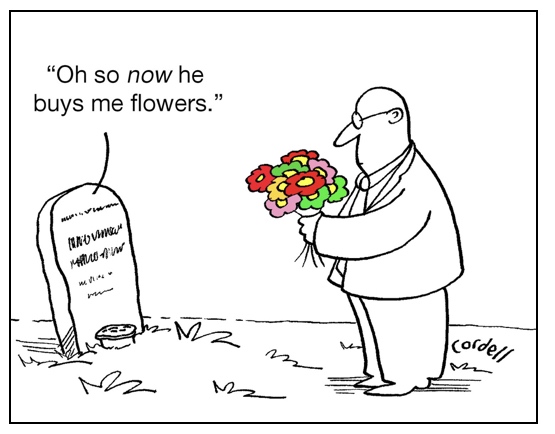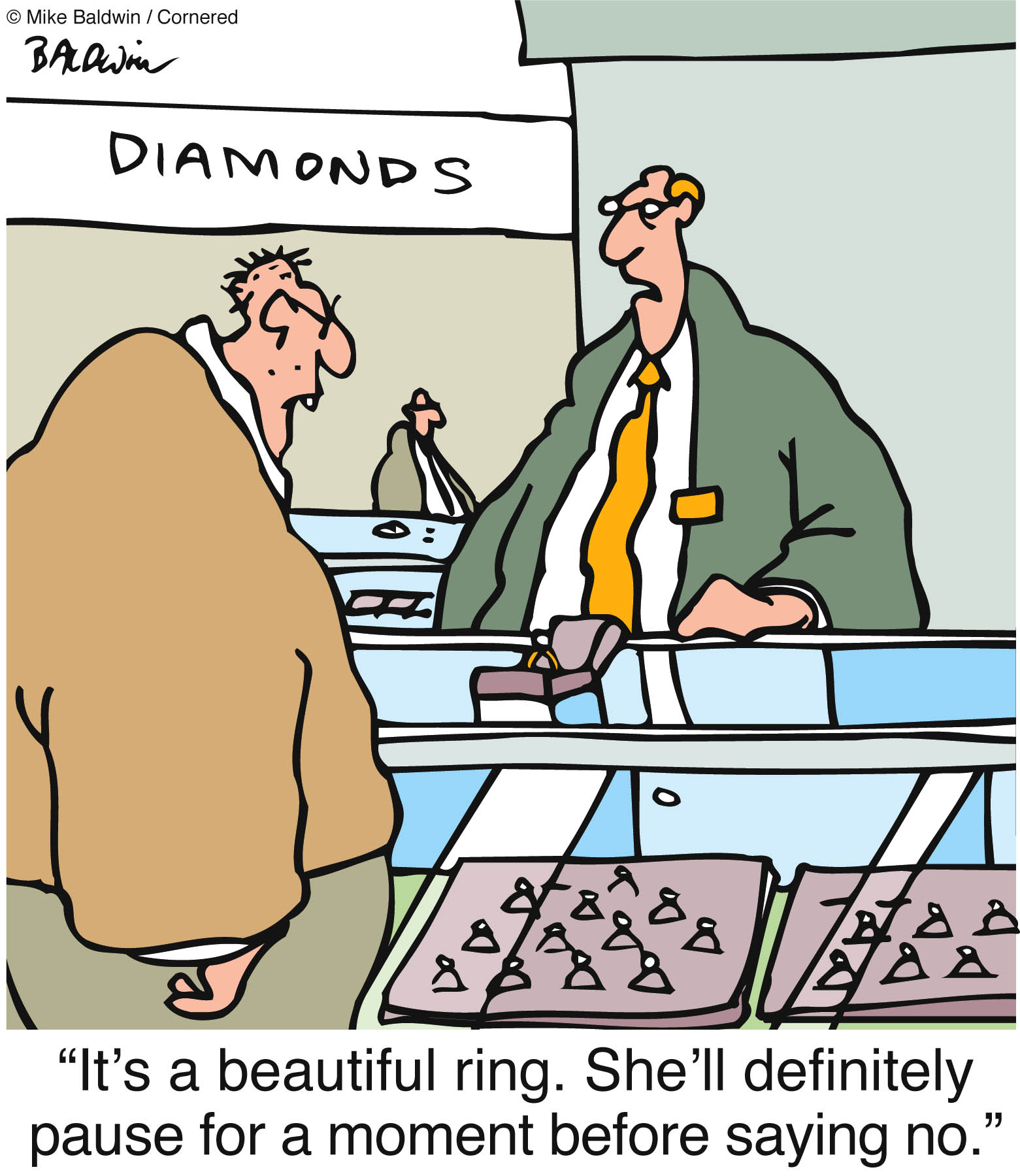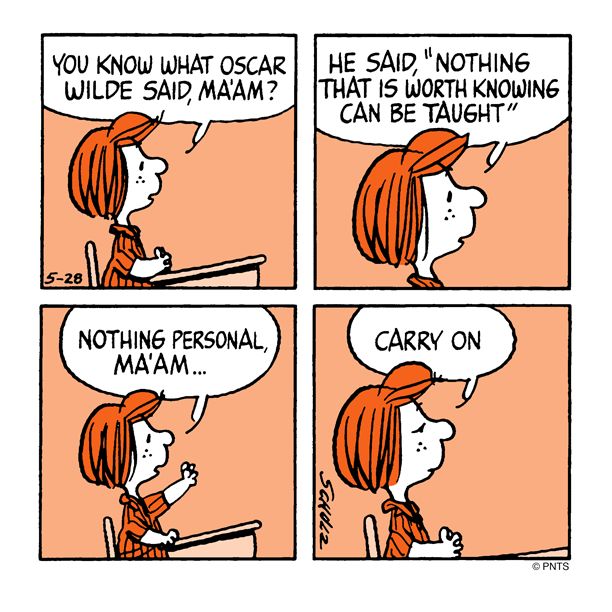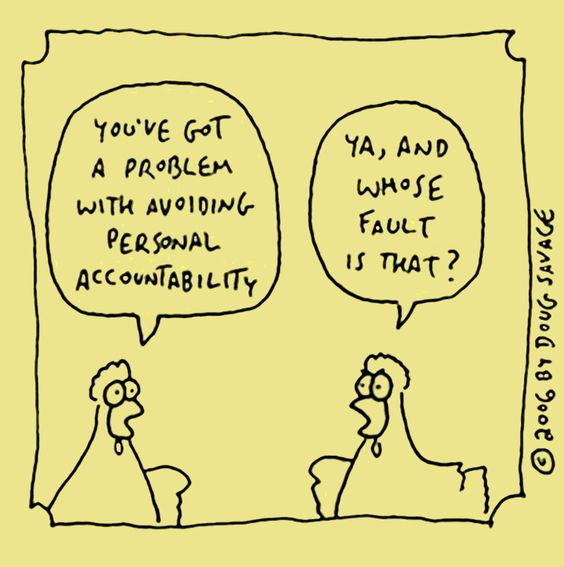 If I have seen further than others, it is by standing upon the shoulders of giants. Isaac Newton
If I have seen further than others, it is by standing upon the shoulders of giants. Isaac Newton
Alex Haley, the author of Roots, used to keep a picture in his office of a turtle sitting atop a fencepost. He kept it there to remind him of a lesson he had learned years before: “If you see a turtle on a fencepost, you know he had some help” Haley remarked. “Anytime I start thinking, ‘Wow, isn’t this marvelous what I’ve done!’ I look at that picture and remember how this turtle—me—got up on that post.” —Maxwell, Developing the Leaders Around You, p. 171
We all stand on the shoulders of those who have preceded us. Yes, we have worked hard and been diligent, but we didn’t get where we are without help. When we’re unaware of the contributions of others, we’ll have an inflated perspective on our successes and may become proud and arrogant. When we embrace the fact that our lives have been buoyed by the generosity of others, gratitude and humility will prevail.
There’s something about being a grandparent that helps one see the full circle of life. When I babysit my 2-year-old grandson, I often think of the unheralded sacrifice my parents made just getting me through the early years of my life. (Back in the 1950s, there were no disposable diapers.) Did I ever thank them for their constant sacrifice?
As I look back on my career, I should applaud the people who supported me in ways large and small. I am here, now because they were there, then.
As I consider my current state of being, I realize my life and career would collapse without the steady support of many friends and colleagues.
But we must do more than be grateful, we must express our gratitude. William Arthur Ward said, “Feeling gratitude and not expressing it is like wrapping a present and not giving it.” Express gratitude directly to those who have helped you. Acknowledge them publicly. If someone has positively impacted your life, raise a glass and make a toast to honor their contribution.
[reminder]What are your thoughts about this essay?[/reminder]


 Problem: We often know what to do, but we don’t do it.
Problem: We often know what to do, but we don’t do it. Life is a sum of all your choices. Albert Camus
Life is a sum of all your choices. Albert Camus